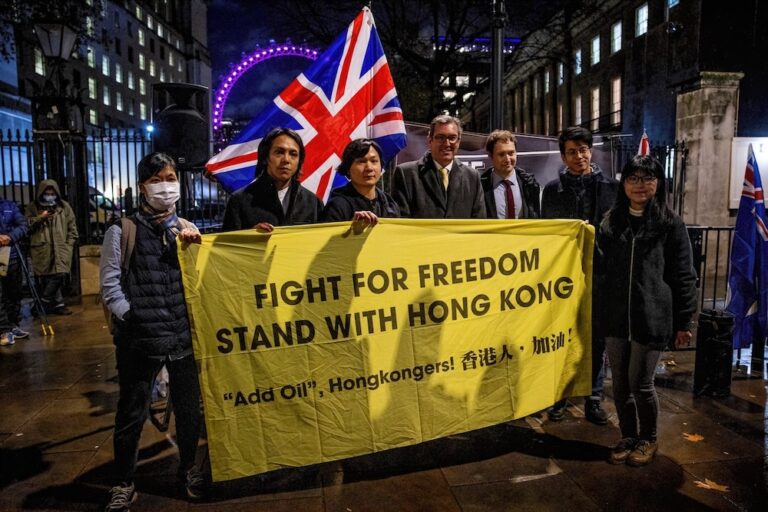(ARTICLE 19/IFEX) – The following is an ARTICLE 19 press release: For immediate release – 22 June 1999 THE UK – WHERE’S THE PUBLIC’S RIGHT TO KNOW? ARTICLE 19, the International Centre Against Censorship, today published The Public’s Right to Know: Principles on Freedom of Information Legislation, a set of international and comparative standards on […]
(ARTICLE 19/IFEX) – The following is an ARTICLE 19 press release:
For immediate release – 22 June 1999
THE UK – WHERE’S THE PUBLIC’S RIGHT TO KNOW?
ARTICLE 19, the International Centre Against Censorship, today published The
Public’s Right to Know: Principles on Freedom of Information Legislation, a
set of international and comparative standards on access to information held
by public bodies. The organisation has also produced a detailed critique and
extensive set of recommendations on the UK Government’s Freedom of
Information Bill, based on the Principles and good practice in other
countries.
Andrew Puddephatt, Executive Director of ARTICLE 19, said:
“The strength of the public’s right to know is a good indication of the
health of a democracy. International comparison shows that this Bill is
overbroad and overcautious. It is even less progressive than draft freedom
of information laws recently published by emerging democracies such as
Moldova and Bulgaria. It includes broader exemptions than laws which have
been operating successfully for almost 20 years in countries like Canada,
New Zealand and Australia.”1
The government claims the Bill is “a radical measure containing clear and
robust access rights for those requesting information and a strong
enforcement regime” and argues it successfully implements the proposals set
out in the 1998 White Paper. ARTICLE 19’s analysis indicates that the Bill
reneges on important commitments made in the White Paper.
ARTICLE 19’s principal concerns about the Bill are:
a. The broad regime of exemptions, including a number of categories not
found necessary in other comparable jurisdictions;
b. The absolute exemption for all security material, even where disclosure
will not harm a security interest or is in the public interest;
c. That the cost of obtaining information is not set out in the Bill, but
left entirely to the Secretary of State;
d. The law will be able to be overridden by any other existing law, even
though the Bill already sets out a comprehensive regime of exemptions;
e. The weak provision for disclosure in the public interest.
Note for editors
1. The government claims that these exemptions are found in other freedom of
information laws. Table 2, published along with the Bill, appears to support
this claim. Our analysis indicates that the government’s claim is misleading
and shows that the exemptions in the Bill go far beyond what was considered
necessary or appropriate in other countries.


